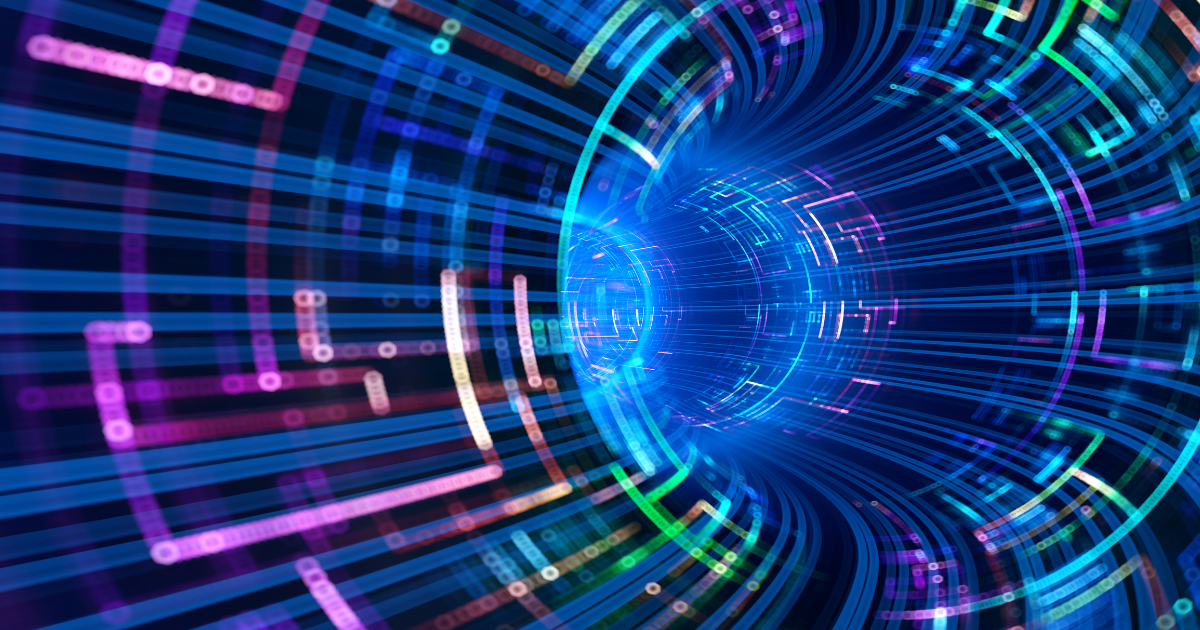As with the muscles, the brain offers its best version the more rested it is. For this reason, experts recommend identifying the hours of greater productivity according to the chronotype of each person to carry out the most demanding activities and tasks at that time and have a better cognitive performance.
Recent studies have revealed that fatigue affects remarkably when it comes to being more productive and even decision making. Understanding this relationship helps to better plan schedules and improve performance. An example: Jeff Bezos never program meetings beyond five in the afternoon because doing so would imply raising the risk of making erroneous decisions.
The moment of higher performance: noon. A study carried out by researchers from the universities of Messina and Bologna (Italy) analyzed more than 104,000 oral exams and found clear patterns at the time of the day when the students were more likely to approve, highlighting a peak that was not related to the difficulty of the exam but to the time in which the exam was taken.
The researchers found that the global approved rate was 57%. However, the chart of probabilities to approve drew a bell shape, reaching its maximum point in the hours near noon, especially between 11:00 and 1:00 p.m. In comparison, the approved rates were remarkably lower early in the morning (between 8:00 and 9:00 hours) and the first hour of the afternoon (between 3:00 p.m. and 4:00 p.m.) without finding outstanding differences between those two moments.
Without realizing it, we lose capabilities. To rule out that the downturn registered by the students at noon is conditioned by the knowledge of the subject of the exam, the researchers also studied the behavior of the teachers. The results of both groups led to the same conclusion: both students and evaluators experienced changes in their mental state and fatigue levels in the same time strip.
This could contribute to the afternoon of the approval rate in exams is lower, since both the evaluator and the examinee are more fatigued and the teachers become more irascible and intolerant due to tiredness.
If it’s 16:00, you’re guilty. A group of researchers from the University of Columbia and the Ben Gurion University of Néguev arrived at the same conclusions on the importance of the time in which judicial sentences and the increase in the severity of judicial decisions are issued.
The investigators analyzed the behavior of several judges during the day and found that the favorable sentences to the defendants reached their peak as the pause to eat was approaching, reaching up to 70%. However, as the early hours of the afternoon progressed and the judges approached the next recess, this percentage progressively decreased to almost 0% by increasing the hardness of the sentences imposed.

The “Baba” after the meal. This pattern suggests that our brain works best in mid -morning, and maintains that performance until eating. The explanation is found in the combination of biological factors such as circadian rhythms, which regulates energy and alert states during the day releasing more or less melatonin to the organism to induce the state of sleep or activate the alert and attention mechanisms.
The researchers hypothesize that the cognitive function follows this time curve naturally, improving until noon and decreasing after eating, which coincides with the sensation of support after food. After lunch, there is a small increase in melatonin that can cause drowsiness and lower performance.
Revitalizing naps. According to what was published by Harvard Health Publishinga short nap after eating can improve the concentration and alert state if it lasts between 10 and 30 minutes. According to research in this regard, this type of naps increase the alert by more than 50% and competition by more than 30% compared to those who do not.
However, the duration is key, and sleeping more than the account can be counterproductive. The study analyzed the behavior of Mediterranean adults and observed that making a short nap of less than 30 minutes is associated with a lower probability of high blood pressure (21%), while long naps (more than 30 minutes) are linked to the highest metabolic and cardiovascular risk (41%), as well as the higher perimeter of waist and blood glucose. Therefore, a brief nap after food, contributes to energy and maintaining mental acuity in the afternoon.
In WorldOfSoftware | Some neuroscientists believe they have found the trick to solve the most complicated problems: take a nap
Imagen | Unsplash (Sinitta Leunen)










